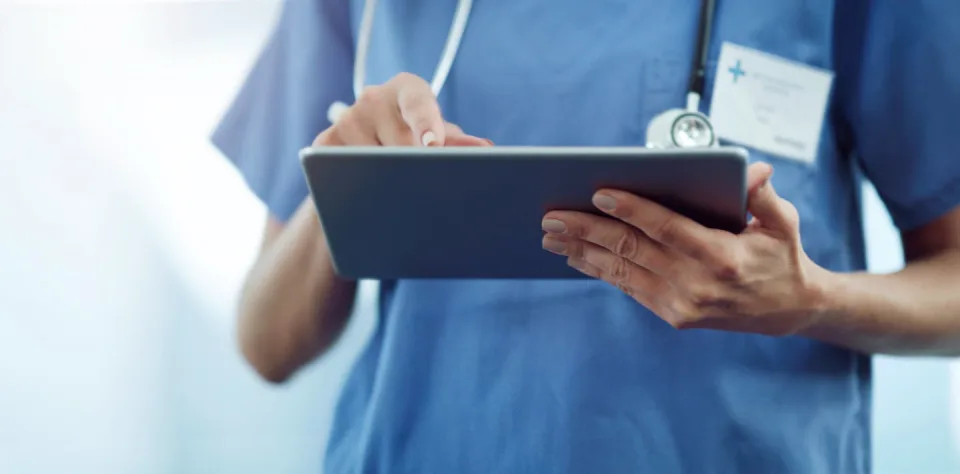The Indonesian Hospital Association’s Dr. Agus Mutamakin notes that for EMR adoption to be truly effective in Indonesia, it must be accompanied by strides in quality, feature-richness, interoperability, and sustainable practices.
Indonesia’s healthcare sector has been making steady strides in digital transformation, with notable progress in the adoption of Electronic Medical Records (EMR).
EMR systems are instrumental in enhancing service efficiency, improving the quality of healthcare data, and enabling better integration across healthcare facilities.
Despite these promising developments, several critical challenges remain that must be overcome to realize a fully integrated and effective national healthcare transformation.
Prior to the COVID-19 pandemic, EMR adoption in Indonesia was relatively sluggish. Many hospitals continued to depend on manual record-keeping or fragmented information systems.
This slow progress was largely due to the absence of robust regulations, limited digital infrastructure, and a general lack of clinical urgency—factors that kept EMR implementation from becoming a top priority.
The pandemic, however, became a significant turning point. The urgent need for case reporting, contact tracing, and real-time patient data integration spurred rapid advancements in digital health solutions and accelerated EMR adoption across the country.
Impressive Progress, But Gaps Remain
According to data from Indonesia’s Ministry of Health, 96% of hospitals across the country have implemented Electronic Medical Records (EMR).
In addition, around 92% of hospitals are now connected to SATUSEHAT, the national platform designed to support integrated health data across Indonesia.
These figures represent a major step forward in terms of digital connectivity. However, the overall quality of EMR implementation still varies significantly. Only a limited number of hospitals consistently and comprehensively submit patient health data to the national platform.
In many cases, EMR systems are limited to basic functionalities and lack advanced capabilities such as full interoperability, structured data entry, and seamless integration of clinical data across departments.


















